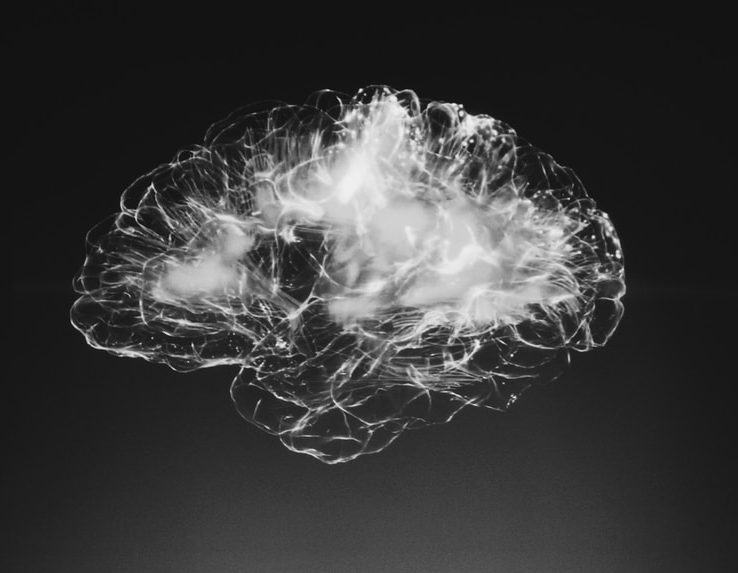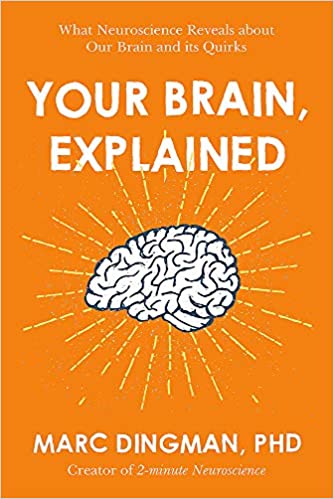
Your Brain, Explained: What Neuroscience Reveals About Your Brain and its Quirks
Marc Dingman
Nicholas Brealey Publishing, 2019
256 pages
From the publisher:
Sleep. Memory. Pleasure. Fear. Language. We experience these things every day, but how do our brains create them?
Your Brain, Explained is a personal tour around your gray matter. Neuroscientist Marc Dingman gives you a crash course in how your brain works and explains the latest research on the brain functions that affect you on a daily basis.
You’ll also discover what happens when the brain doesn’t work the way it should, causing problems such as insomnia, ADHD, depression, or addiction. You’ll learn how neuroscience is working to fix these problems, and how you can build up your defenses against the most common faults of the mind.
Along the way you’ll find out:
· Why brain training games don’t prevent dementia
· What it’s like to remember every day of your life as if it were yesterday
· Which popular psychiatric drug was created from German rocket fuel
· How you might unknowingly be sabotaging your sleepDrawing on the author’s popular YouTube series, 2-minute Neuroscience, this is a friendly, engaging introduction to the human brain and its quirks from the perspective of a neuroscientist–using real-life examples and the author’s own eye-opening illustrations. Your brain is yours to discover!
Contents:
The book is divided into 10 main sections, with between 8-13 chapters in each section. They are:
- Fear
- Memory
- Sleep
- Language
- Sadness
- Movement
- Vision
- Pleasure
- Pain
- Attention
The book is illustrated with diagrams, such as those of brain regions, neurotransmitters, etc.
My thoughts:
I took an introductory neuroscience class about 15 years ago, but this book explained some concepts better and more clearly than what I recall from that class. The author really loves this topic, and that shines through. Each unusual case that sheds some tiny bit of light is presented with enthusiasm and respect. There are a number of aspects of the brain’s functions that can’t presently be fully explained, but in reading this book, you gain confidence that perhaps someday we will understand our minds even better.


You must be logged in to post a comment.